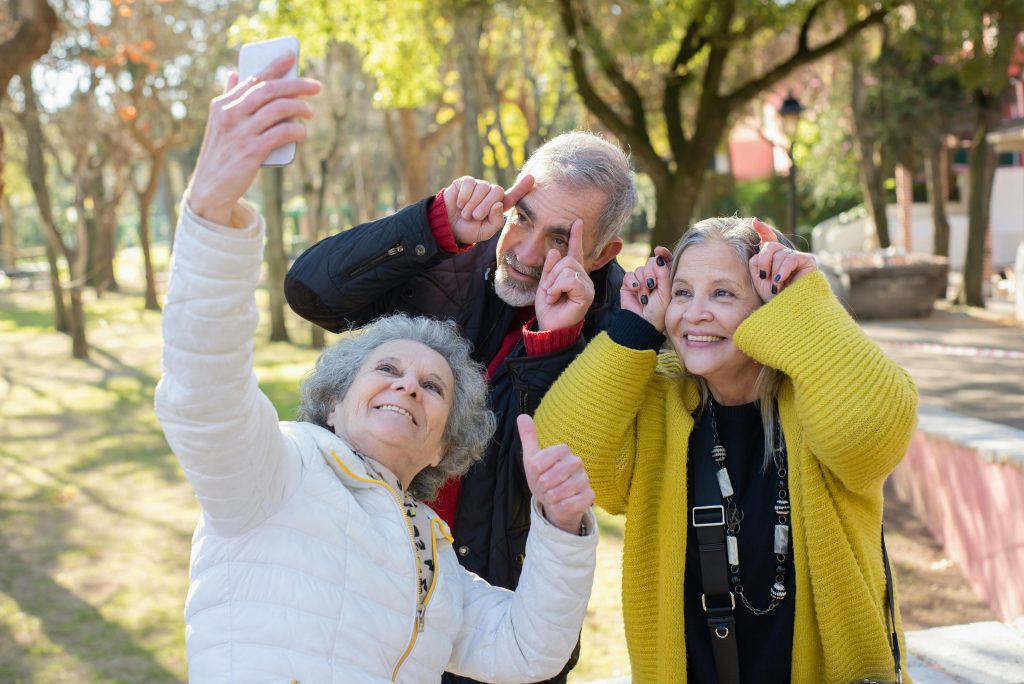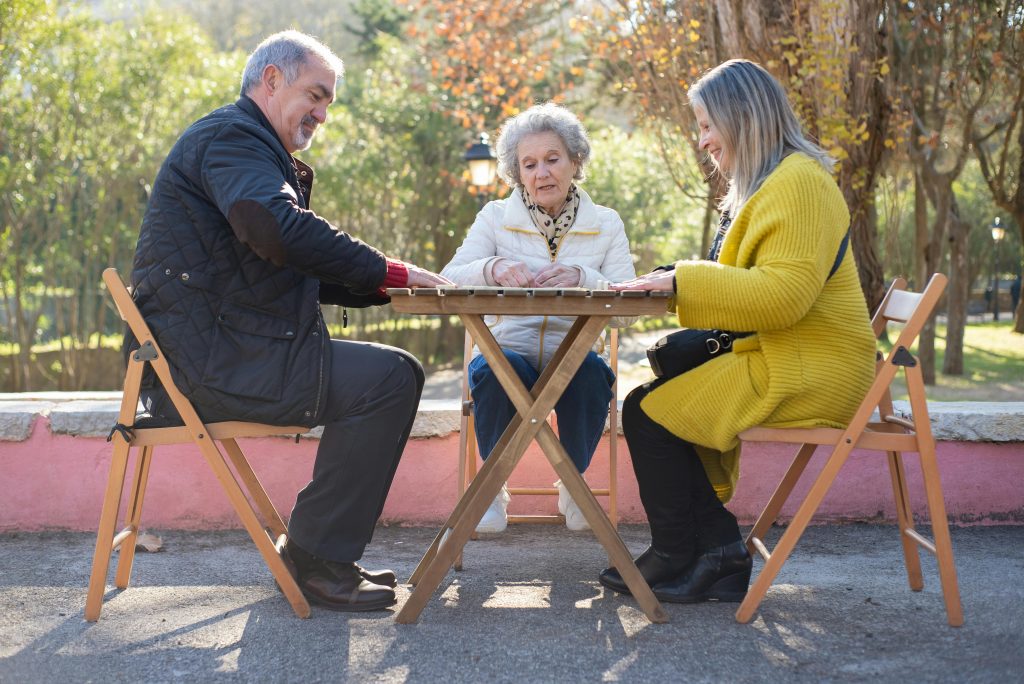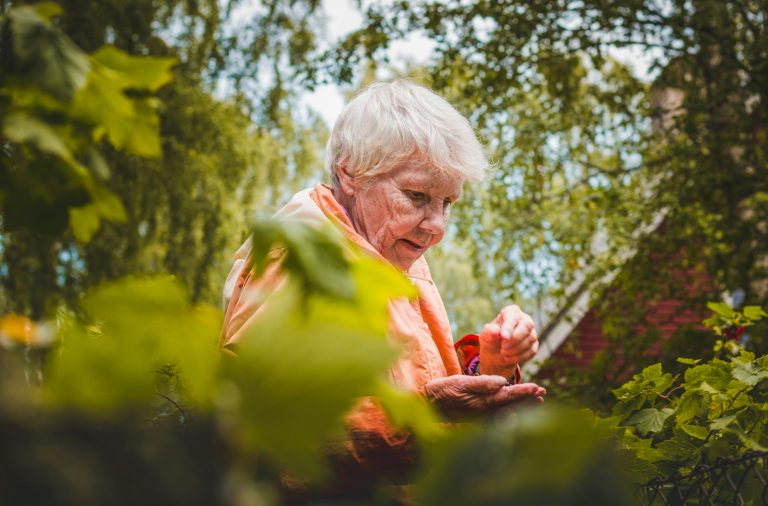Empowering Seniors: Creating Spaces of Comfort and Dignity in Care Environments


- Person-centered care enhances the quality of life for seniors by respecting individual needs, choices, and autonomy.
- Comfort and a homely atmosphere, including natural light and plants, significantly improve seniors’ emotional well-being.
- Promoting independence through technology and modifications supports seniors’ dignity, self-esteem, and sense of control.
- Collaboration with seniors in care planning and environment design fosters empowerment, respect, and enhanced quality of life.
- Respecting privacy and autonomy are crucial to creating comfortable, dignified care environments for seniors.
As people age, they must feel empowered and respected in all aspects of their lives, especially in care environments. Seniors deserve to have spaces that promote comfort, dignity, and independence. This blog post will explore the importance of creating such environments for seniors and how they can positively impact their well-being.
Person-Centered Care

One of the key components of empowering seniors in care environments is adopting a person-centered approach. This means recognizing each individual’s unique needs, preferences, and values. By involving seniors in decision-making processes and respecting their choices, caregivers can create spaces that cater to their specific requirements. This personalized approach enhances the quality of care and fosters a sense of empowerment and autonomy among seniors.
Work with Professionals
Working with professional caregivers is crucial in creating an environment promoting seniors’ independence. These professionals have the necessary expertise and experience to understand seniors’ needs and develop strategies to support them in daily activities while preserving their dignity. They can also provide valuable insights into making the physical environment more accessible and comfortable for seniors. So, you should consider working with a reputable hospice nurse to care for the seniors. This can significantly improve their overall well-being and quality of life.
Comfortable and Homely Atmosphere
Creating a comfortable and homely atmosphere in care environments can significantly improve seniors’ well-being. Simple touches such as familiar decorations, cozy furniture, and soothing colors can make a space more inviting and comforting. Additionally, incorporating elements that remind seniors of their homes can help reduce feelings of loneliness or isolation. By designing spaces that evoke a sense of warmth and familiarity, caregivers can contribute to seniors’ overall happiness and contentment.
Natural Light and Comfy Indoor Climate
Ensuring adequate natural light and maintaining a comfortable indoor climate are crucial to creating a homely atmosphere for seniors. Natural light can boost mood, improve sleep, and support the body’s natural rhythms. Simple adjustments, such as opening curtains during the day and using light therapy lamps, can significantly impact seniors’ lives.
Temperature and Humidity
Maintaining a consistent and comfortable temperature and humidity level in the living space is vital for seniors’ comfort and health. Incorporating plants and greenery can further enhance the living environment, bringing in a sense of calm and connecting seniors with nature. Through these thoughtful touches, caregivers can craft an environment that supports seniors’ physical health and nourishes their souls.
Promoting Independence
Another crucial aspect of empowering seniors is promoting their independence within care environments. Providing opportunities for seniors to engage in meaningful activities, make choices, and maintain control over their lives can boost their self-esteem and confidence. Simple modifications like installing grab bars or ramps can also enhance seniors’ ability to move independently. By encouraging independence and self-reliance, caregivers can help seniors maintain a sense of dignity and purpose.
Leverage Technology
Supporting the use of technology can further promote independence among seniors. Technology, such as smartphones, tablets, and other devices, can connect them with their family, friends, and the broader world. Teaching seniors how to use social media, video calls, and various apps can empower them to stay informed, engage in lifelong learning, and maintain social connections.
Ensuring Privacy and Respect
Respecting seniors’ privacy and personal space is fundamental to creating spaces of comfort and dignity in care environments. Caregivers should ensure that seniors have private areas to relax or spend time alone when needed. Maintaining confidentiality when discussing personal matters with seniors is crucial for preserving their dignity. By upholding principles of respect and privacy, caregivers can foster an environment where seniors feel valued and respected.
Autonomy of Seniors
In addition to providing physical spaces for privacy, caregivers need to engage in practices that uphold seniors’ autonomy. This includes seeking their consent before entering their rooms or assisting them with personal care tasks. Such actions reinforce the understanding that seniors have rights to their personal space and decisions. Furthermore, involving seniors in conversations about their care plans and any changes to their routine not only respects their autonomy but also promotes a collaborative relationship between caregiver and care recipient.
Collaboration with Seniors

Lastly, involving seniors in the design process of care environments is essential for creating spaces that meet their needs effectively. Consulting with seniors about their preferences for room layouts, decorations, or amenities allows them to have a say in shaping their living environment. This collaborative approach ensures that the spaces suit seniors’ preferences. It reinforces their sense of agency and empowerment.
Active Engagement
Furthermore, effective collaboration with seniors goes beyond their living spaces’ physical layout and design. Engaging them in planning daily activities, social events, and health management protocols plays a significant role in promoting their autonomy and involvement. Feedback mechanisms, such as suggestion boxes or regular meetings with caregivers and management, can give seniors a platform to voice their opinions and suggestions for improvement.
Empowering seniors by creating spaces of comfort and dignity in care environments is essential for promoting their well-being and quality of life. By adopting person-centered care practices, providing a comfortable atmosphere, promoting independence, ensuring privacy and respect, and collaborating with seniors on design decisions, caregivers can create environments that prioritize the needs and preferences of older adults. Ultimately, fostering spaces empowering seniors enhances their overall happiness, independence, dignity, and sense of belonging within care settings.





